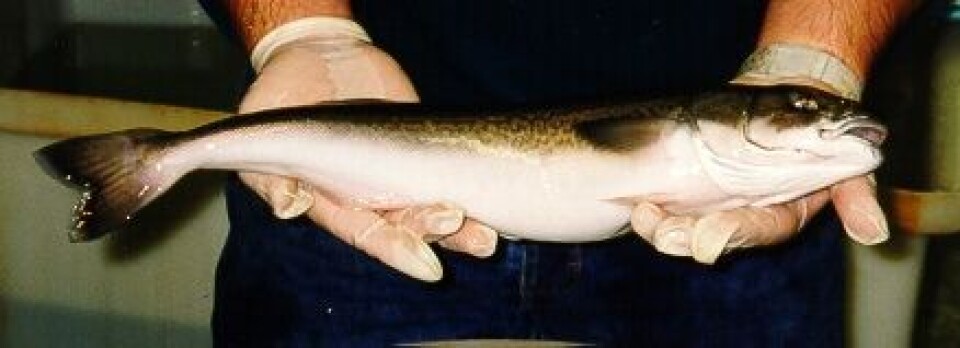
Tilapia virus found in Egypt fish
Scientists at the University of Stirling have identified the presence of Tilapia Lake Virus (TiLV) in fish farmed in Egypt.
It is the first time TiLV, which has decimated tilapia populations in Ecuador and Israel, has been found in Egypt.
Tissue samples were sent to the university from seven Egyptian fish farms and samples from three tested positive. Sequence analysis yielded a TiLV sequence with 93 per cent homology to the published TiLV sequence described from Israel, which shares a border and migrating avifauna with Egypt.
Egypt relies on domestic aquaculture for 60 per cent of fish consumed, with tilapia making up three-quarters of that. Its aquaculture sector is the largest in Africa.
The country’s fish farmers have faced unexplained mortality of tilapia during the summer months in recent years. Epidemiological surveys indicated that 37 per cent of fish farms were affected in 2015 with an average mortality rate of 9.2 per cent and a potential economic impact of around $100 million.
However, a report on the issue by the University of Stirling states: “More research is required to determine if TiLV is linked to ‘summer mortality’.”
Last week, Egypt’s former Minister of Agriculture, Essam Fayed, said the country intends to expand intensive aquaculture and marine hatcheries. He said the ministry has already established a fish hatchery on the Cairo-Alexandria-Matrouh road, while another was created on the coast of Bardawil Lake at a cost of US$1.7 million, in addition to 140 sea cages in Mariout Valley to produce 700 tonnes of fish. A fish farm was also established in the New Valley governorate covering 26 acres —using fresh water from wells—while one in South Sinai was built over three acres for the production of tilapia.























































